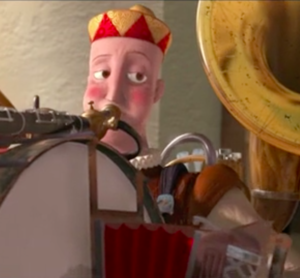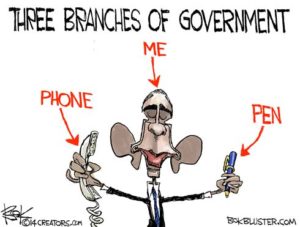 Imagine you sit, eyes closed, at the opening bars of Mozart’s Lacrimosa.
Imagine you sit, eyes closed, at the opening bars of Mozart’s Lacrimosa.
You’ve waited so long to hear the Vienna Philharmonic.
The music stops.
Musicians type on computers attached to their music stands.
You catch your breath. What just happened?
Never mind. The music starts again. You drift into the second stanza. Finally, you get what you’ve been waiting for…and the music stops again. More typing.
Computers play a vital role in the music industry. And some musicians find ways to type and play, splitting attention between music and keyboard, like a one-man band. Apologists for musical computerization argue that computers are music.
Computers do play a big role in music, but no one sees them. Putting computers in front of the audience is garish. It ruins the experience.
Computers in Medicine
Computers play a vital role in modern clinical care. And everyone sees them. Continue reading “Computers in Medicine & The Patient Care Experience”


